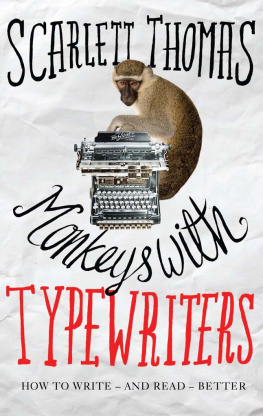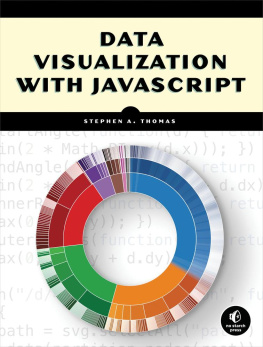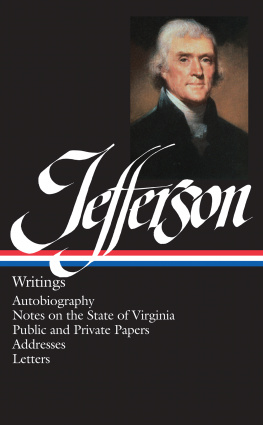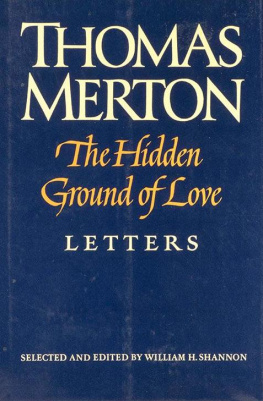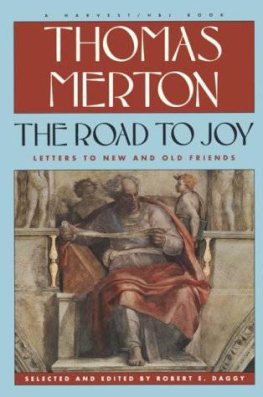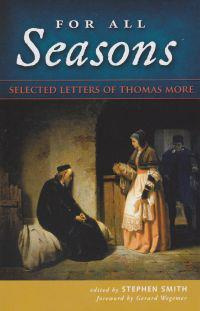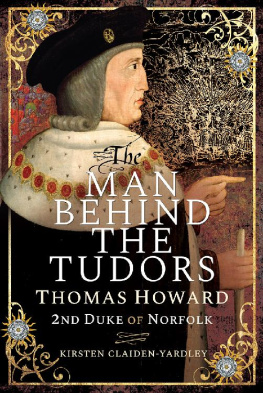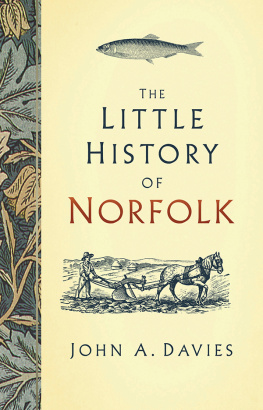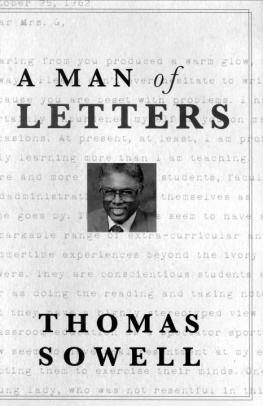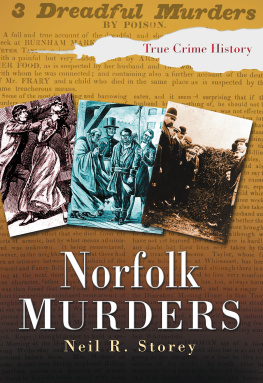INTRODUCTION.
Table of Contents
"Every kingdom, every province, should have its own monographer."Gilbert White. Seventh Letter to Barrington.
The excellent Memoir of Sir Thomas Browne, in Wilkin's Edition of his works, renders it unnecessary here to repeat what has already been so well done; suffice it to say that he was born in London on the 19th of October, 1605; he was educated at Winchester School and entered at Broadgates Hall (now Pembroke College), Oxford, in 1623; graduated B.A. 31st January, 16267, and M.A. 11th June, 1629. About the year 1633 he was created Doctor of Physick at Leyden. In 1636 he took up his residence in Norwich, in 1637 was incorporated Doctor of Physic in Oxford, and in 1665 was chosen an Honorary Fellow of the College of Physicians. In 1671 Browne was knighted at Norwich by Charles II., and after a useful and honourable career died on his seventy-sixth birthday, the 19th of October, 1682, and his body lies buried in the church of St. Peter Mancroft, Norwich.
Browne in early life travelled much and was a voluminous writer; he made many friendships with men celebrated in his day, and his advice and assistance were sought and gratefully acknowledged by Dugdale, Evelyn, Ray and Willughby, Merrett, Sir Robert Paston (afterwards Earl of Yarmouth), Ashmole, Aubrey, and others; but his general correspondence does not now concern us, my object being to supply in a convenient form what I believe will be acceptable to modern naturalists, namely, an accurate transcript of his notes and letters on the "Natural History of the County of Norfolk."
These notes and letters were first published by Simon Wilkin in his Edition of Sir Thomas Browne's Works in 1835, but they were not treated from a naturalist's point of view, and in some places were not correctly transcribed, added to which, in the vast mass of matter contained in Wilkin's four large volumes (or in the closely printed three volumes of Bohn's Edition), these interesting passages are in danger of being overlooked or are inconvenient for reference. Two letters, moreover, were needed to make the correspondence with Merrett complete, and these I have been enabled to supply. I hope also that my explanatory notes, which I trust will not be deemed too voluminous, will be found more useful than the necessarily brief notes furnished by Wilkin and his collaborators. Furthermore, I think that the retention of the original spelling and punctuation may lend a charm to the quaintness of the language which is in a measure destroyed by any attempt at modernising.
There is much that is interesting bearing upon Natural Science scattered throughout Browne's writings, especially in his Pseudodoxia Epidemica, or inquiries into Vulgar and Common Errors, first published in 1646, and the reader cannot fail to be impressed not only with the extent of his classical knowledge but also with the shrewdness with which he pursued his original investigations; but here it is only proposed to deal with certain manuscript notes and a series of rough notes for, or copies of, letters addressed to Dr. Christopher Merrett, the author of the Pinax Rerum Naturalium Britannicarum. These, as remarked by their editor, with regard to some other manuscripts published Miscellany Tracts," were doubtless "rather the diversions than the Labours of his Pen; and He did, as it were, drop down his Thoughts of a sudden, in those spaces of vacancy which he snatch'd from those very many occasions which gave him hourly interruption;" but I cannot in this instance agree with the conclusion arrived at by the same writer that it "seemeth probable that He designed them for publick use," for they appear to be the rough drafts or memoranda used in the production of the finished letters (which are unfortunately not forthcoming), and were never intended for publication in their present crude form, thus rendering pardonable such annotations as I have ventured to add. But before proceeding further it is necessary to consider briefly the time and circumstances under which they were written, and the state of what passed for Natural Science at that period.
The "Miscellany Tracts" were put forth by "Tho. Tenison" (16361715), who afterwards became Archbishop of Canterbury, but was then the Rector of a London parish, St. Martin-in-the-Fields. He had been a Norwich school-boy, and subsequently minister of St. Peter's Mancroft. He was doubtless well acquainted with Browne and his family, and hence his reference in the preface quoted to "the Lady and Son of the excellent Authour," who, he says, "deliver'd" the papers to him.
Browne wrote early in the second half of the seventeenth century, during a period of great awakening in the study of Nature. Hitherto it could hardly be said that a direct appeal to the works of Nature had been
There was one form of ancient authority before which Browne bowed down with absolute and unquestioning submissionthe authority of the Scriptures. In all secular matters he was ever ready to point the lance and do battle, but all that appealed to him on what he regarded as divine authority was beyond the pale, and it never entered into his mind to submit it to the test of reason. In the "Religio Medici" he declares his devoted adherence first to the guidance of Scripture, and secondly to the Articles of the Church, "whatsoever is beyond, as points indifferent, I observe according to the rules of my private reason;" and again, "where the Scripture is silent, the Church is my text; where that speaks 'tis but my comment; where there is a joint silence of both I borrow not the rules of my religion from Rome or Geneva, but the dictates of my own reason." This implicit adherence to the literal text of Scripture led to hisshall I say active belief in, or passive acceptance of, the existence of Witchcraft, and thus to the only act in an otherwise blameless life which we must regard with regret and astonishment. I refer to the consenting part he took in the doing to death of two poor women at Bury St. Edmund's in the year 1664. It is my business to act as Browne's exponent, not as his apologist, but it must be borne in mind that in his day the "higher criticism" was a thing unheard of, and that the literal sense of the English translation of the Bible was accepted as binding not only by him but by the vast majority of the people, including the most learned men of the time. "Thou shalt not suffer a witch to live" was a plain command, and given a witch the believer's duty was also plain; that there had been witches there was ample scriptural evidence, but there was none that the days of witchcraft had passed away. Browne only shared this belief with his pious friend, the venerable Bishop Hall, and many men equally devout according to their lights; he makes no secret of the fact and acts in accordance with his convictions and the plain authority of Scripture. Thus it came about that these conscientious but mistaken men were induced to render possible, if not actually to countenance, the fiendish cruelties perpetrated by their unscrupulous allies. In matters which he considered less authoritative his views were so liberal as to gain for him the stigma of infidel or heretic; but let a man govern his thoughts and actions by the private rules Browne laid down for his own guidance (vol. iv., p. 420), and it would be hard to regard him as otherwise than a God-fearing man, striving to live up to his profession.




